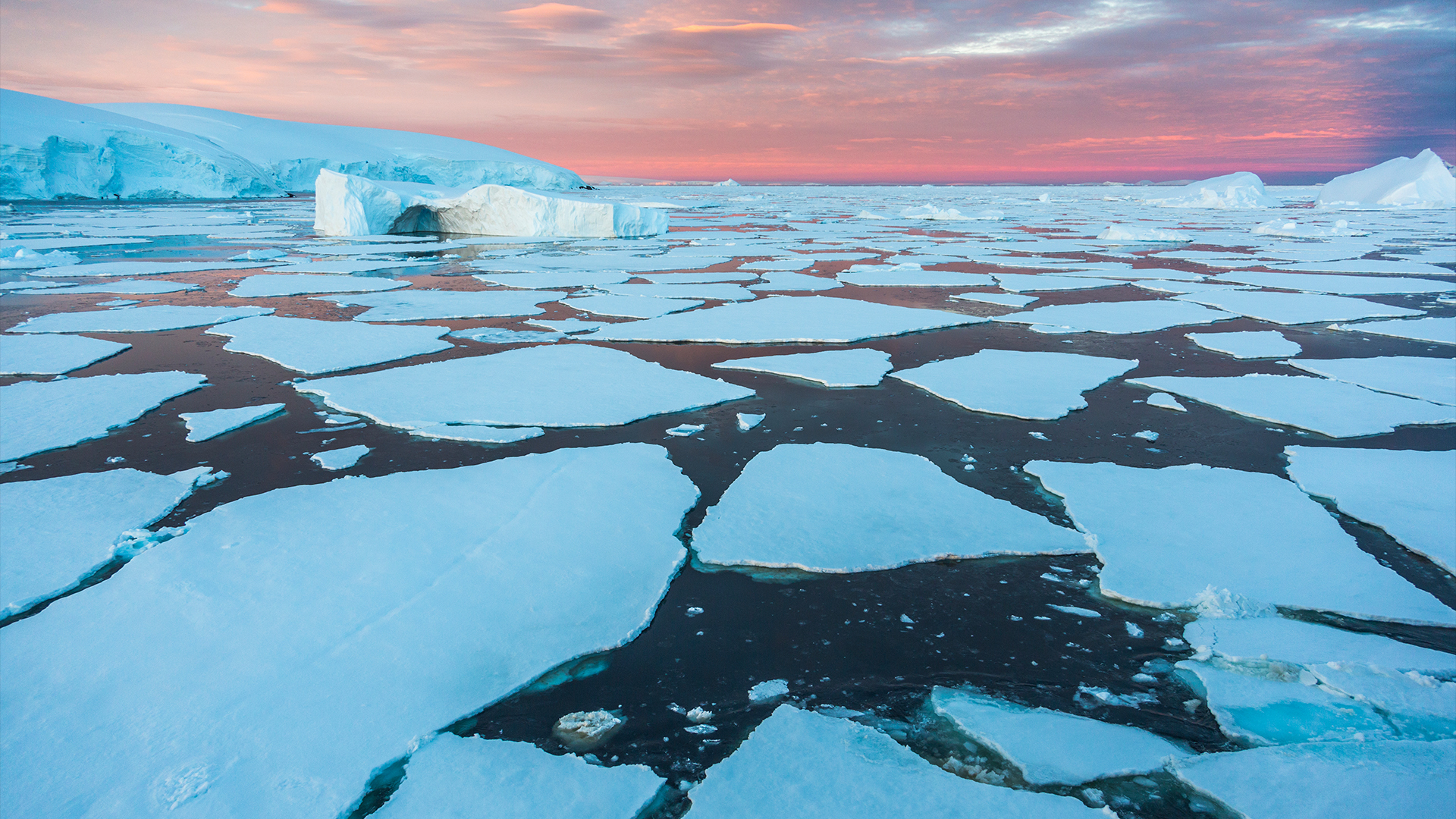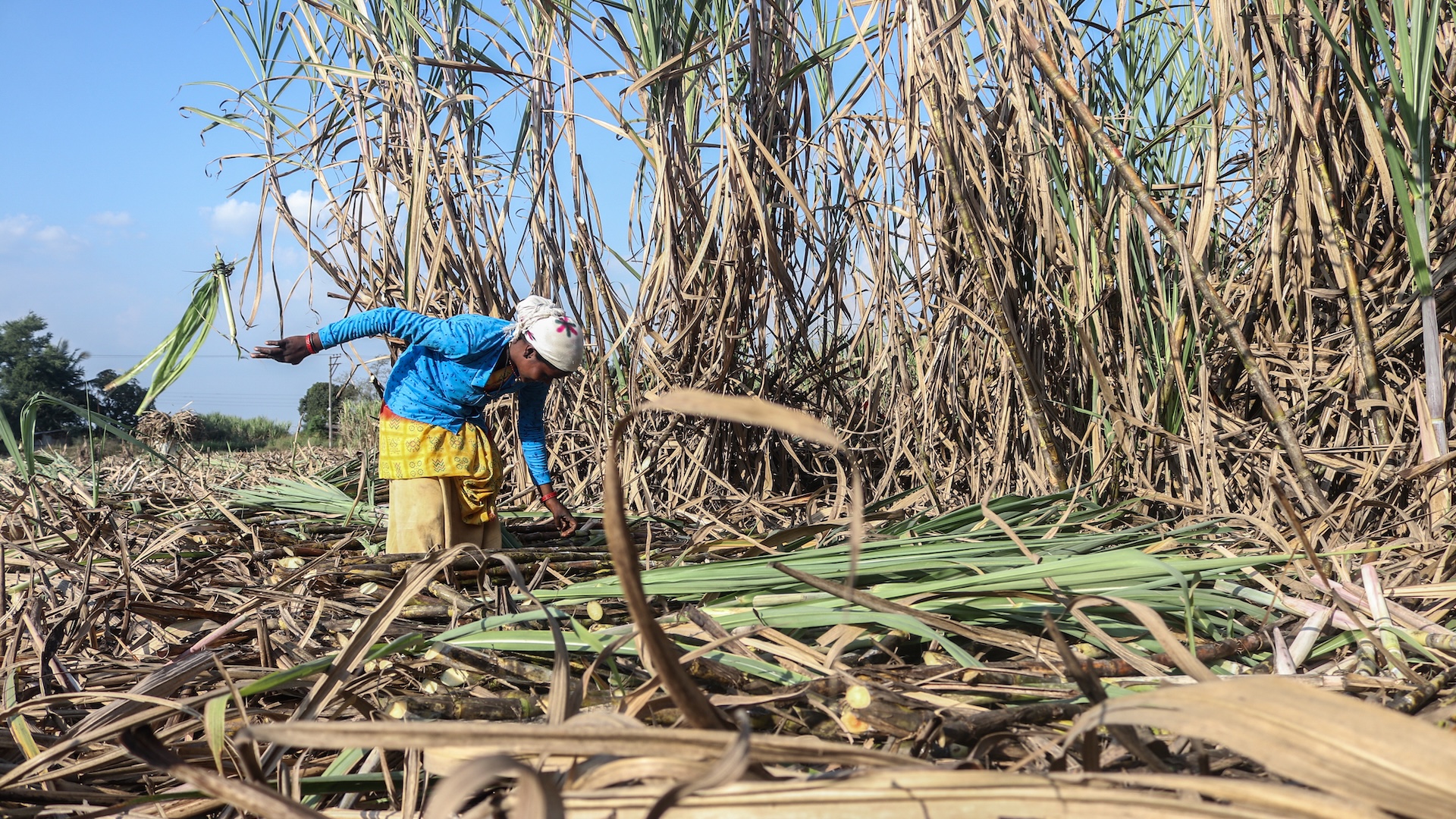See what’s trending right now
Climatein Science
5 hours agoNew research reveals a potential safeguard against Atlantic current collapse, but Antarctic ice loss and rising ocean salt levels signal climate crises, with deadly heat-related illnesses set to surge.
Science
Collapse of key Atlantic currents may be held off by newly-discovered back-up system, study finds
neutralScience
Scientists have found a potential lifeline for the Atlantic Ocean’s crucial currents, which are slowing down due to rising temperatures. A newly discovered backup system in the Arctic might help stabilize these currents, buying time against a catastrophic collapse. While it’s not a permanent fix, it’s a surprising twist in the climate crisis story.
Editor’s Note: The Atlantic currents are like Earth’s circulatory system—they regulate weather, marine life, and even Europe’s climate. If they collapse, it could trigger extreme weather and food shortages. This discovery doesn’t solve the problem, but it’s a reminder that nature has some unexpected tricks up its sleeve. For now, it’s a reason to pay attention—not relax.
Antarctic sea ice collapse linked to a mysterious spike in ocean salt
negativeScience
Scientists have spotted something weird in the Southern Ocean—satellite data shows a sudden, unexplained jump in how salty the water is. At the same time, Antarctica’s sea ice is shrinking fast. Researchers think these two things might be connected, but they’re still piecing together how.
Editor’s Note: This isn’t just a quirky science mystery—it’s a potential red flag. Antarctic sea ice helps regulate global climate, and if it’s collapsing because of shifting ocean chemistry, that could speed up wider environmental changes. The salt spike might be a clue to bigger, messier problems brewing down south.
A dangerous condition that can cause seizures, coma and death could rise dramatically as the climate warms
negativeScience
Scientists are sounding the alarm about a scary side effect of climate change—more cases of hyponatremia, a potentially deadly condition where your body’s sodium levels drop dangerously low. Think seizures, coma, or worse. As temperatures climb, so does the risk, especially for vulnerable groups like older adults or outdoor workers. It’s not just about heatstroke anymore; this is a hidden health crisis brewing in plain sight.
Editor’s Note: We’re used to hearing about wildfires and hurricanes as climate consequences, but this story digs into a quieter, equally urgent threat. Hyponatremia often flies under the radar until it’s too late, and if warming fuels more cases, hospitals and families could face a surge of preventable tragedies. It’s a reminder that climate change isn’t just an "environmental" problem—it’s a full-blown public health emergency.
Peculiar plant could help us reconstruct ancient Earth’s climate
positiveScience
Scientists have discovered that horsetail plants—those odd, bamboo-like weeds you might see near ponds—have a weird way of moving water through their stems. This quirky behavior isn’t just a botanical curiosity; it turns out these plants act like tiny time machines, preserving chemical fingerprints that could help us piece together what Earth’s climate was like millions of years ago.
Rivers Choose Their Path Based on Erosion—a Discovery That Could Transform Flood Planning
positiveScience
Scientists have uncovered a fascinating insight into how rivers naturally carve their own paths over time, primarily through erosion. This discovery isn't just academic—it could revolutionize how we plan for floods, design infrastructure, and even restore damaged rivers. The research comes at a crucial time, especially after events like Texas' recent floods, showing how nature's patterns can inform smarter, more resilient human decisions.
Discovery of ancient riverbeds suggests Mars once wetter than thought
positiveScience
Scientists have uncovered evidence of ancient river systems stretching over 10,000 miles across Mars’s southern highlands—a region previously thought to be dry. These riverbeds, dating back more than 3 billion years, suggest the planet was once much wetter than we imagined, reshaping our understanding of its watery past.
Why World Pulse Now?
Global Coverage
All major sources, one page
Emotional Lens
Feel the mood behind headlines
Trending Topics
Know what’s trending, globally
Read Less, Know More
Get summaries. Save time
Stay informed, save time
Learn moreLive Stats
Articles Processed
9,957
Trending Topics
145
Sources Monitored
211
Last Updated
3 hours ago
Live data processing
How it works1-Minute Daily Briefing
Stay sharp in 60 seconds. Get concise summaries of today’s biggest stories — markets, tech, sports, and more
Why World Pulse Now?
Global Coverage
All major sources, one page
Emotional Lens
Feel the mood behind headlines
Trending Topics
Know what’s trending, globally
Read Less, Know More
Get summaries. Save time
Stay informed, save time
Learn moreLive Stats
Articles Processed
9,957
Trending Topics
145
Sources Monitored
211
Last Updated
3 hours ago
Live data processing
How it works1-Minute Daily Briefing
Stay sharp in 60 seconds. Get concise summaries of today’s biggest stories — markets, tech, sports, and more





